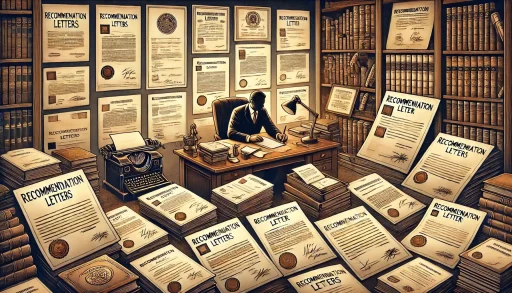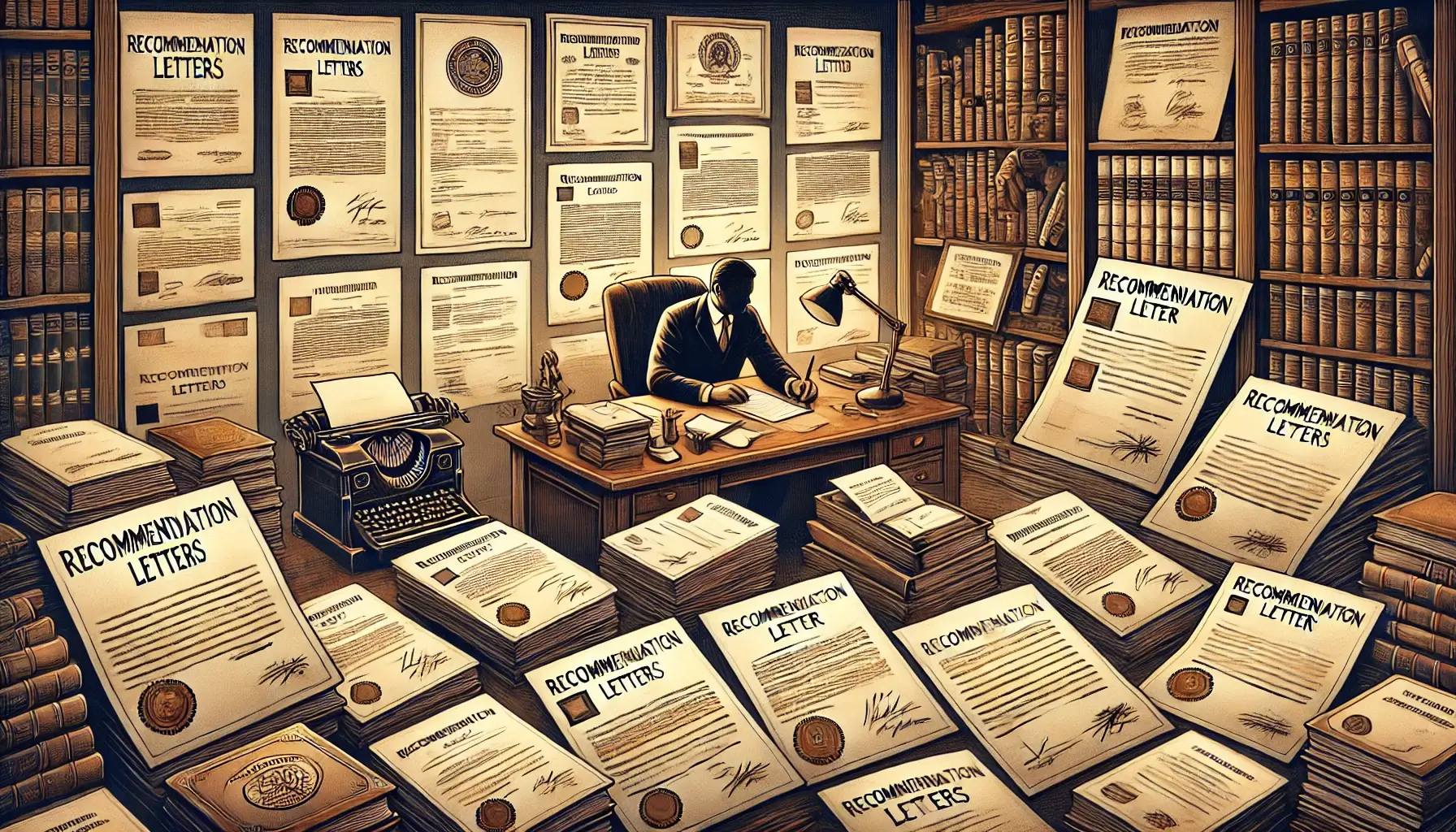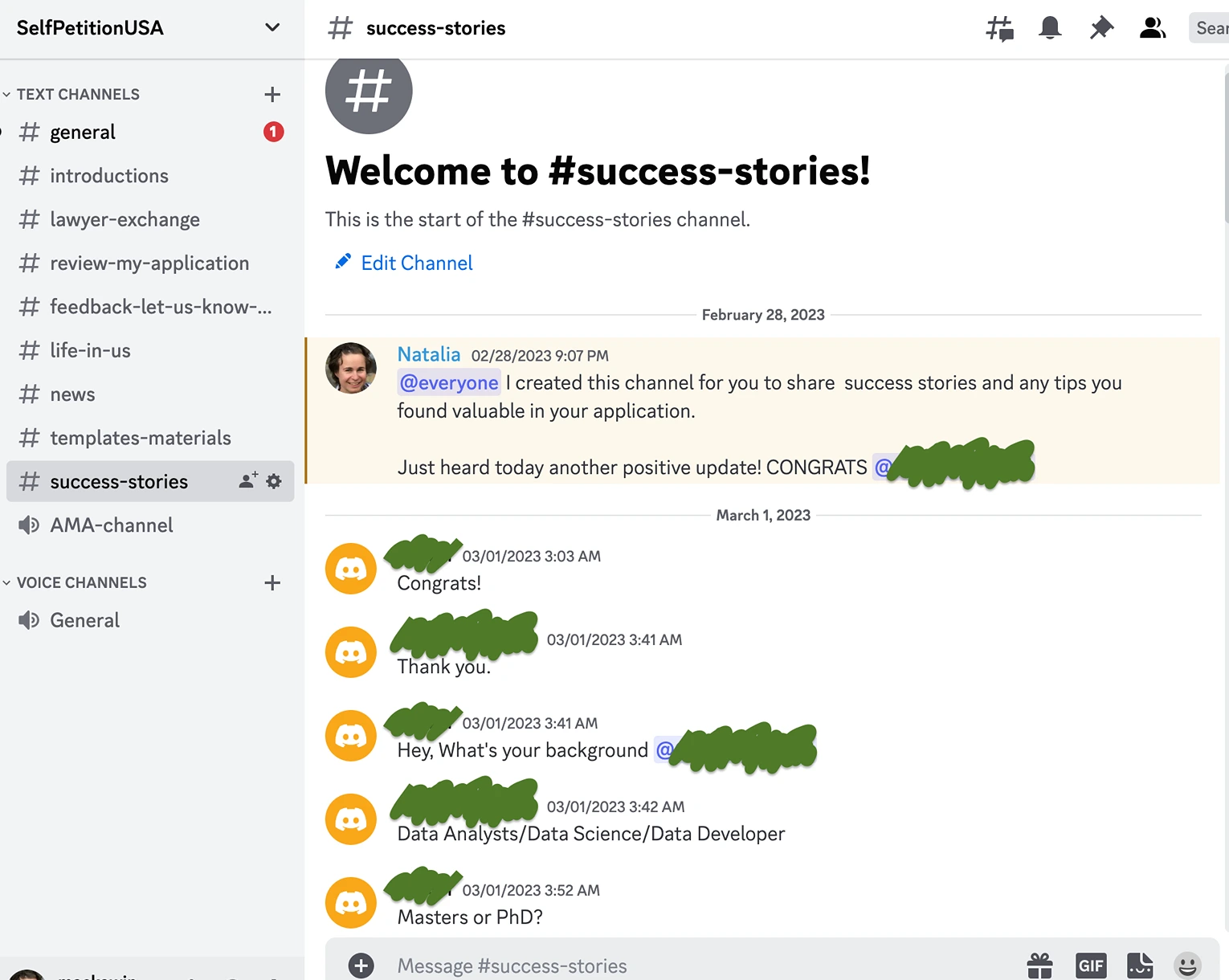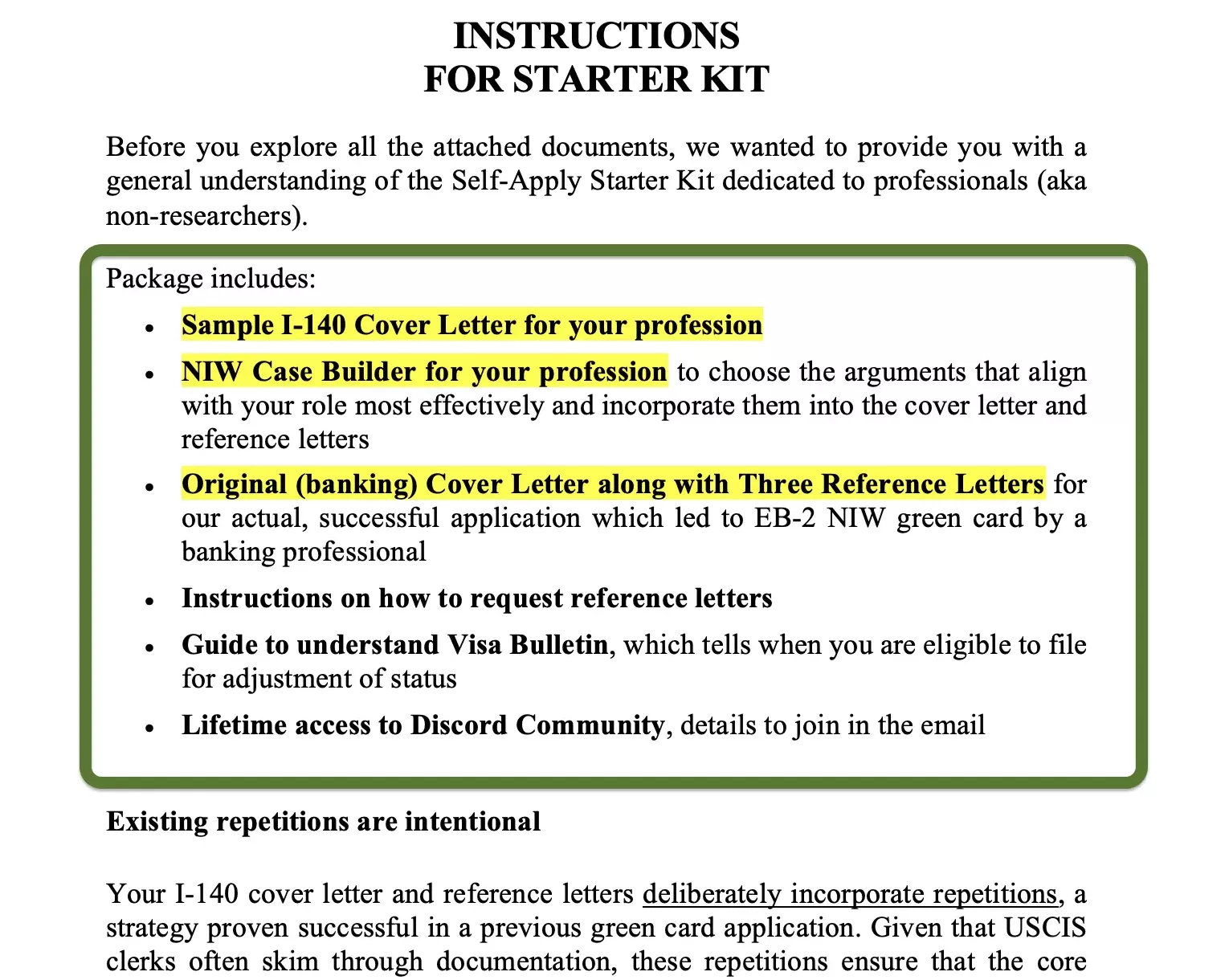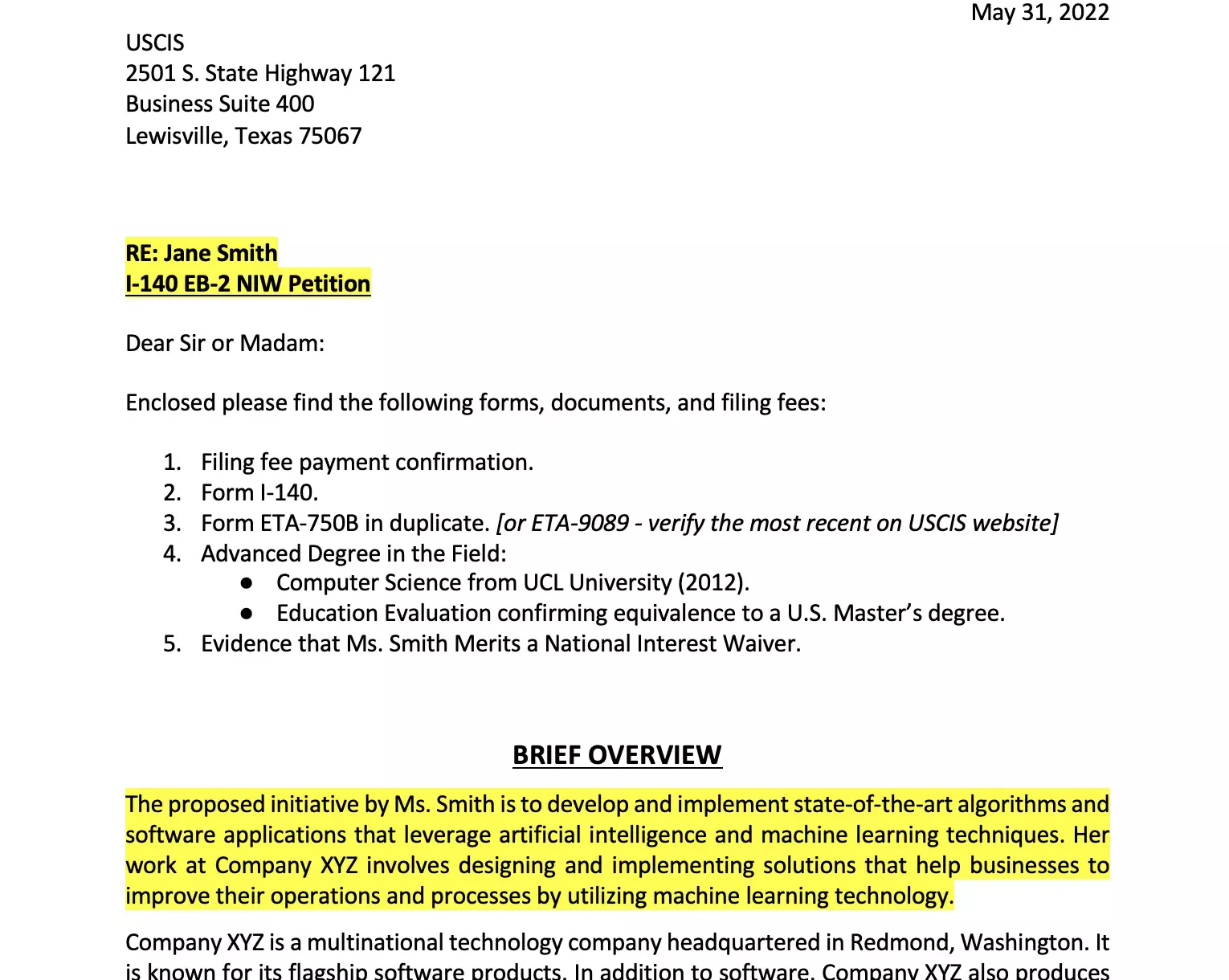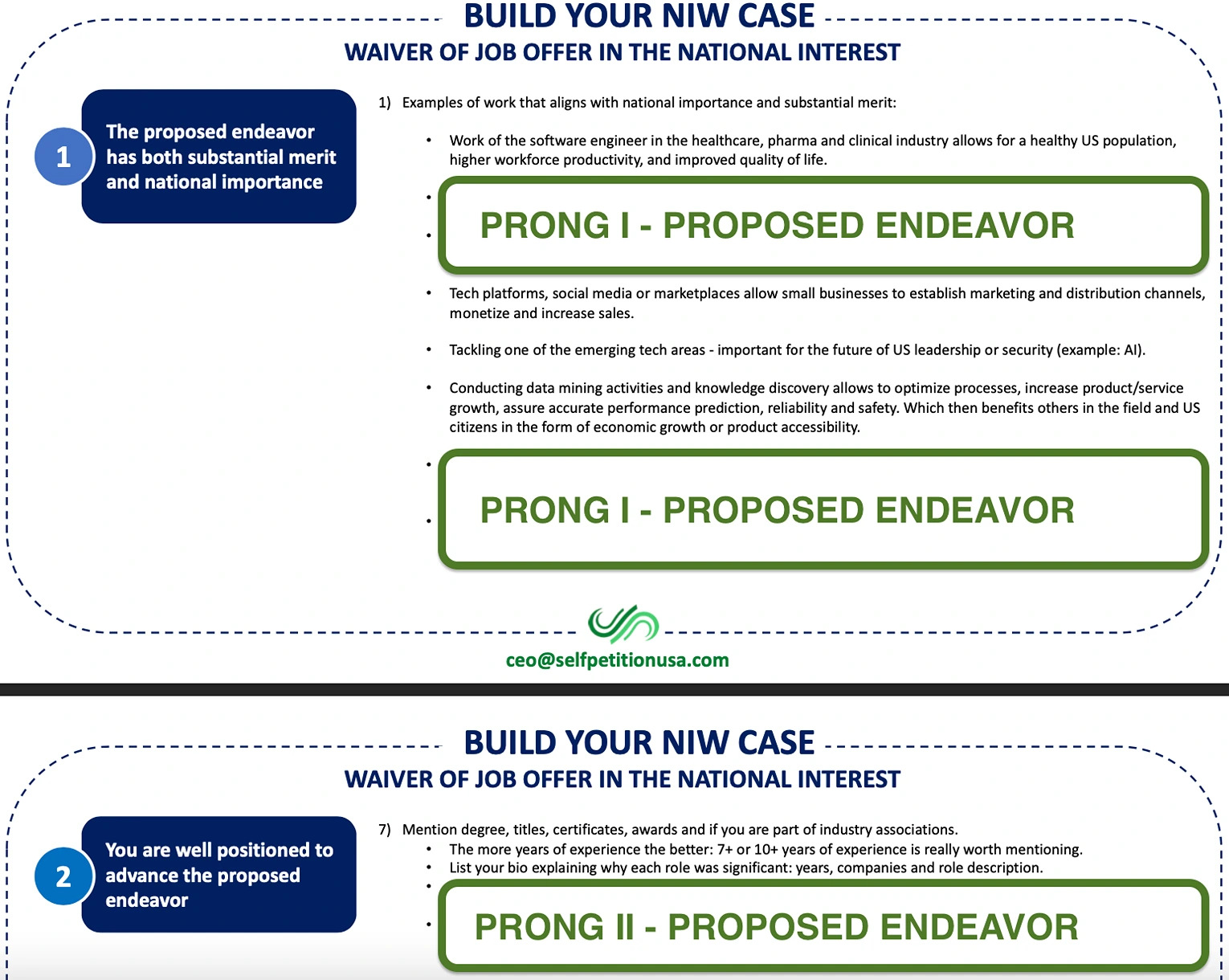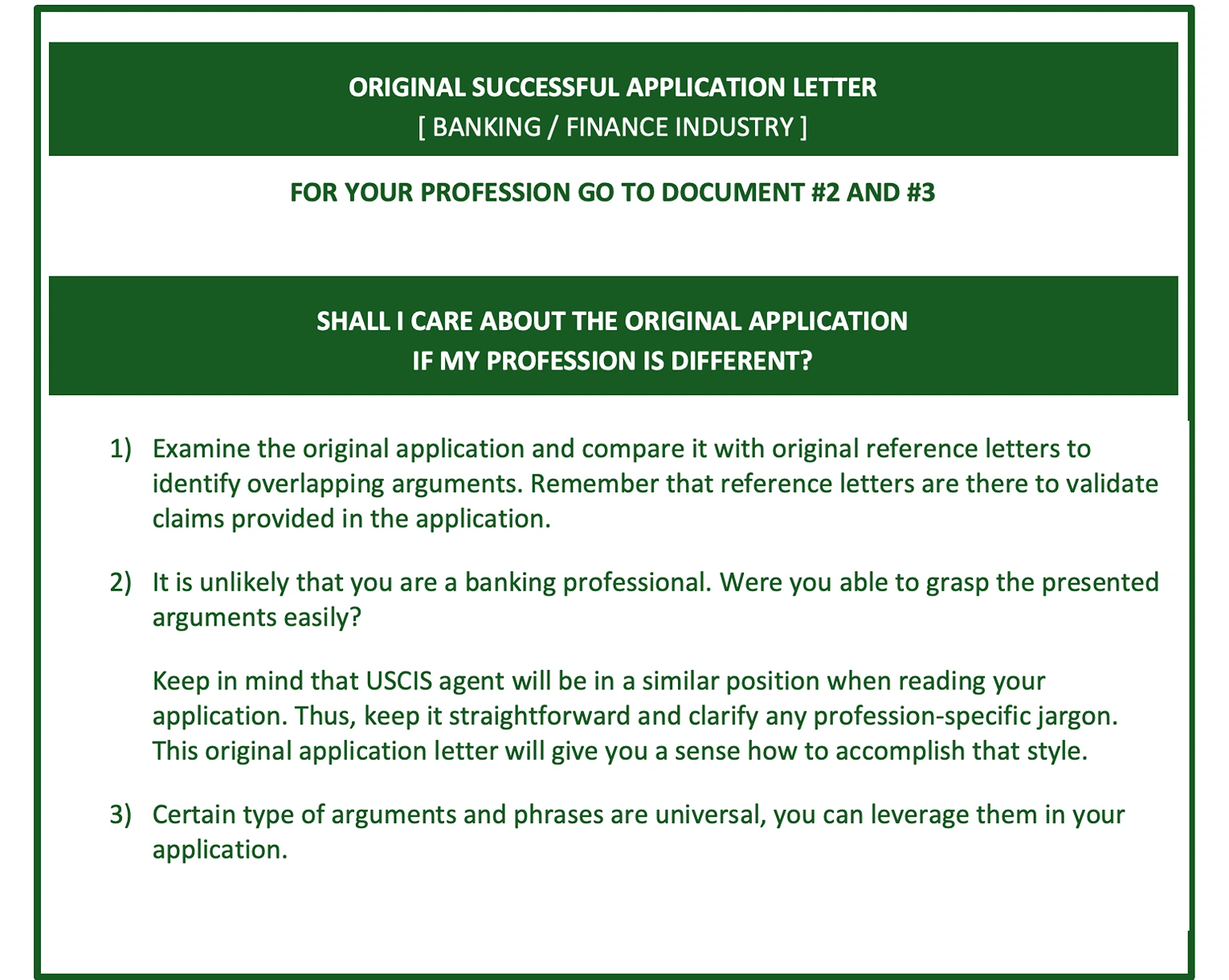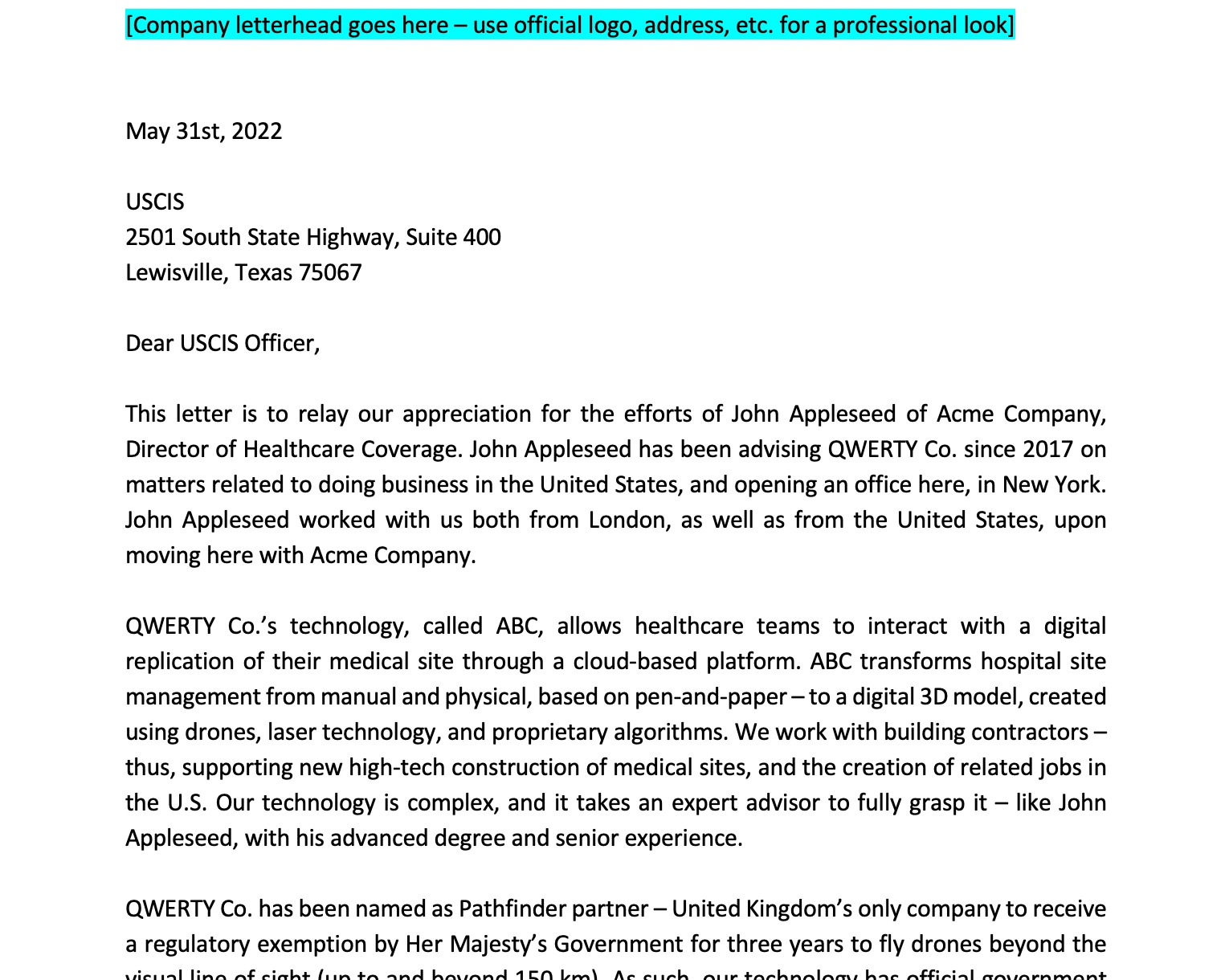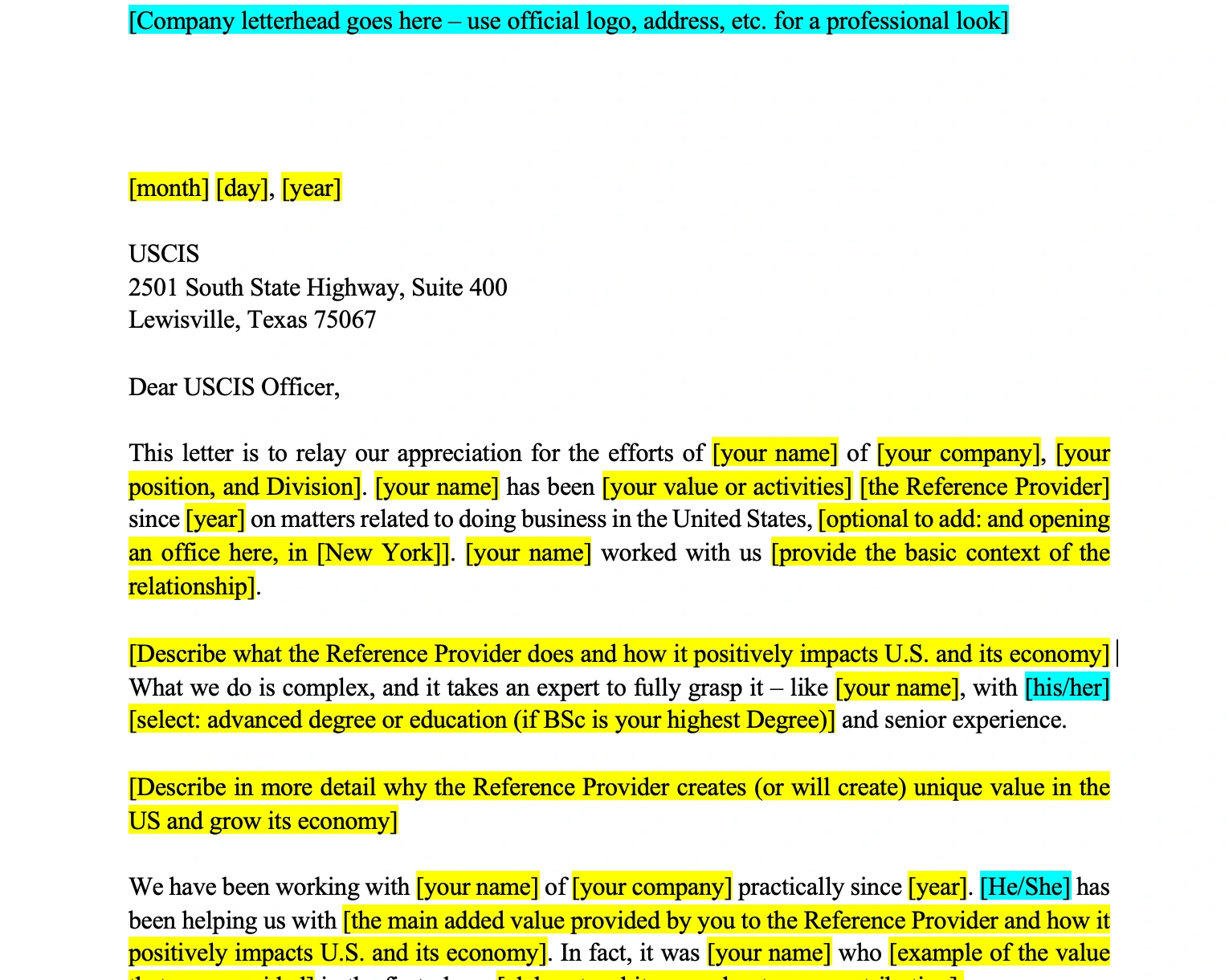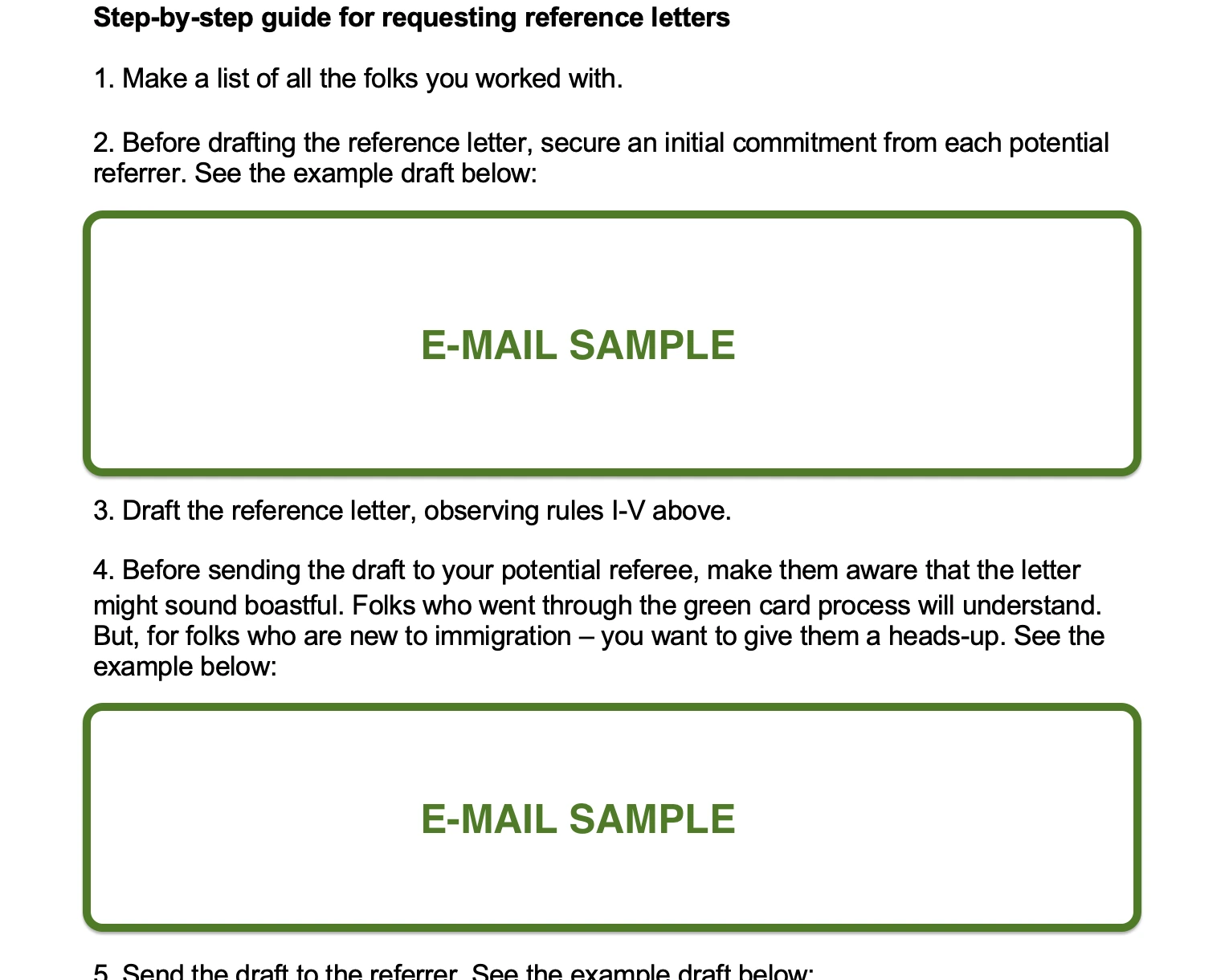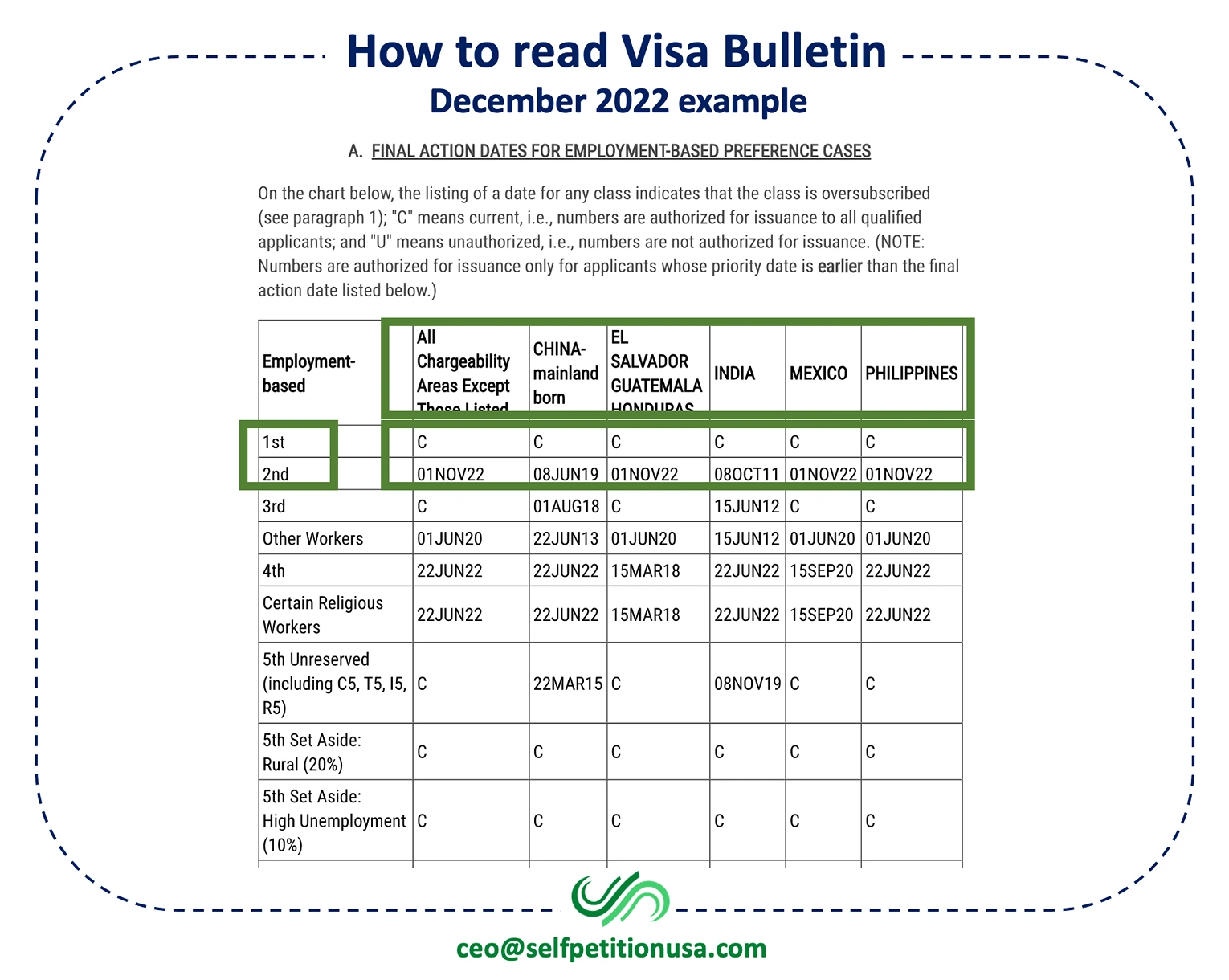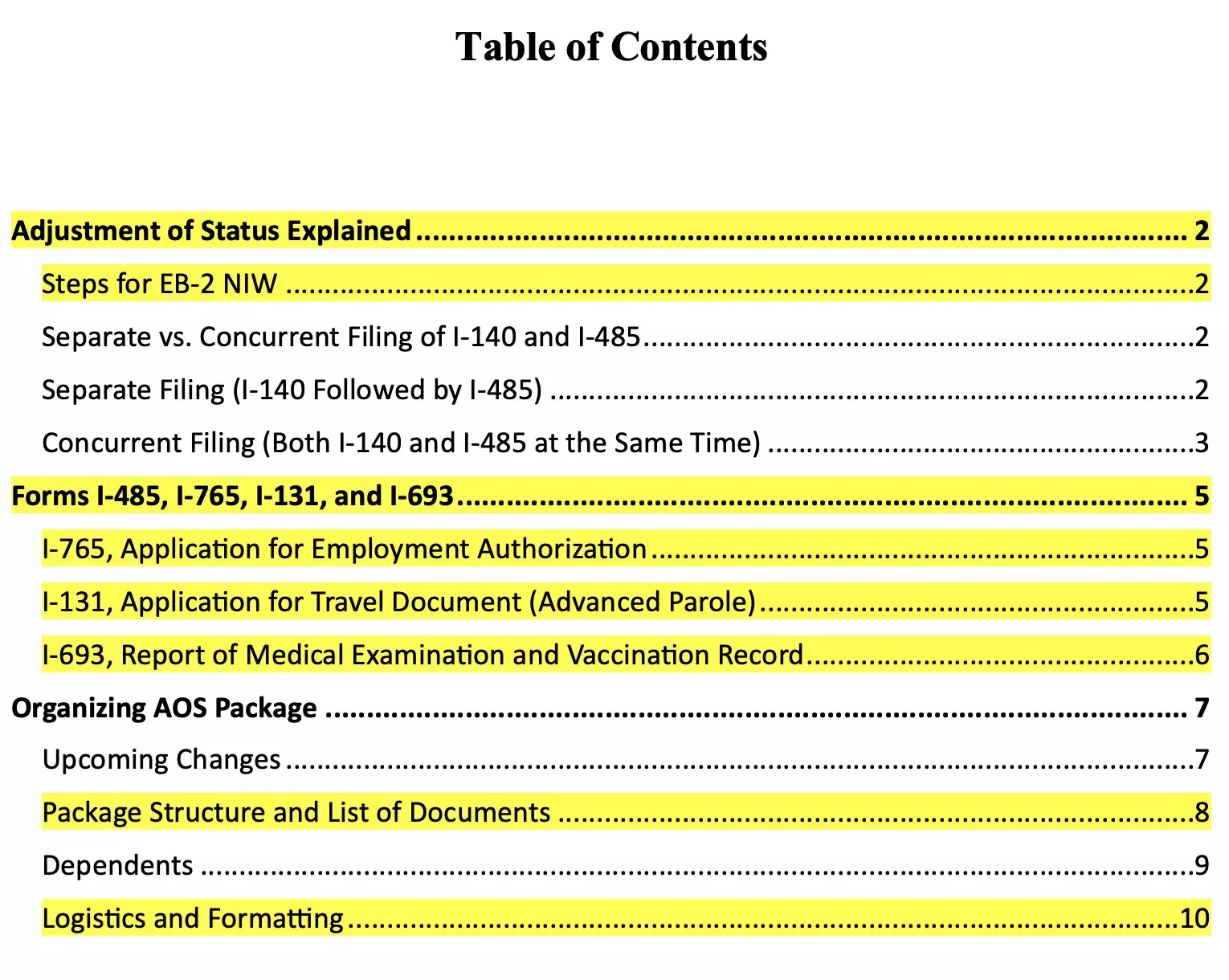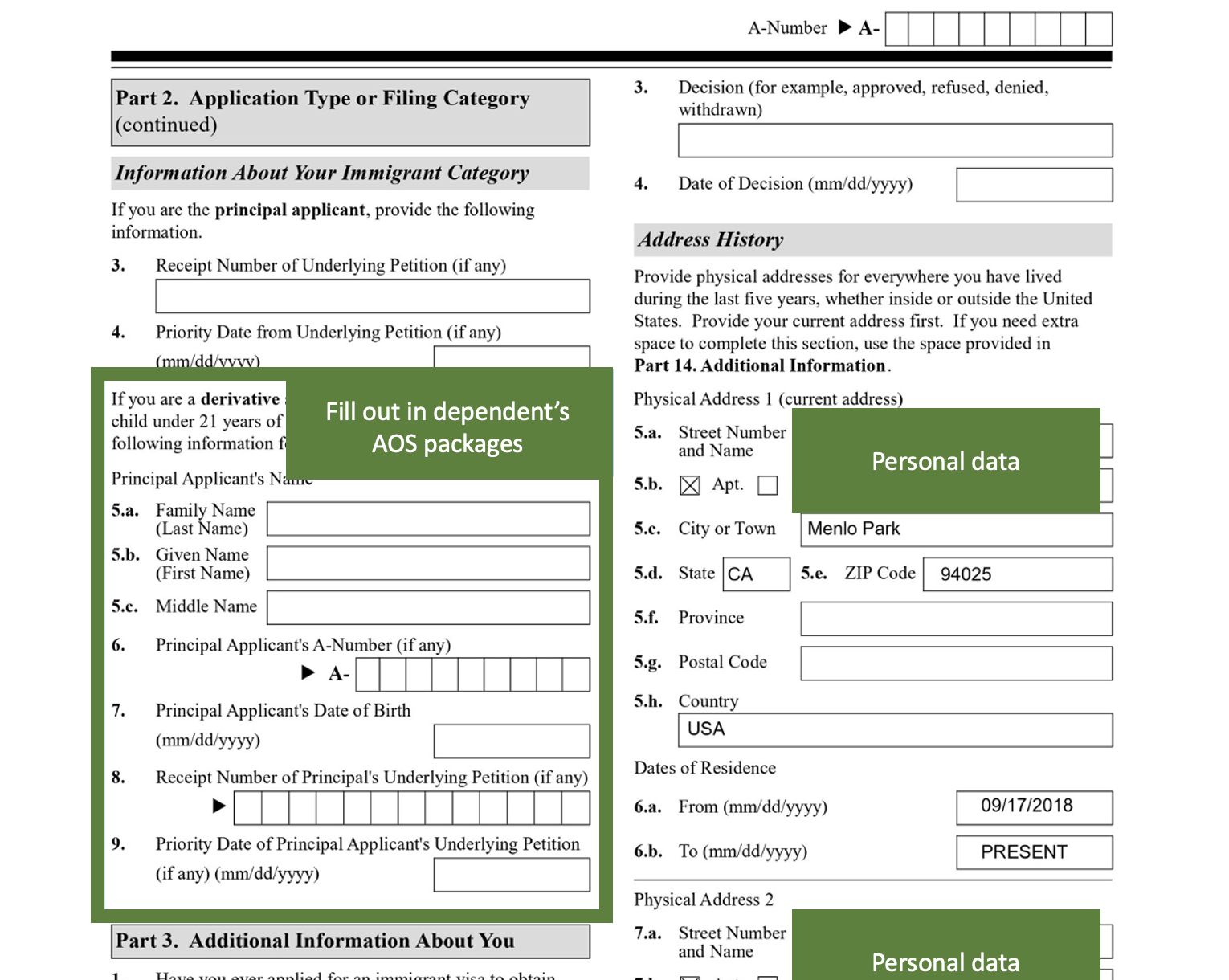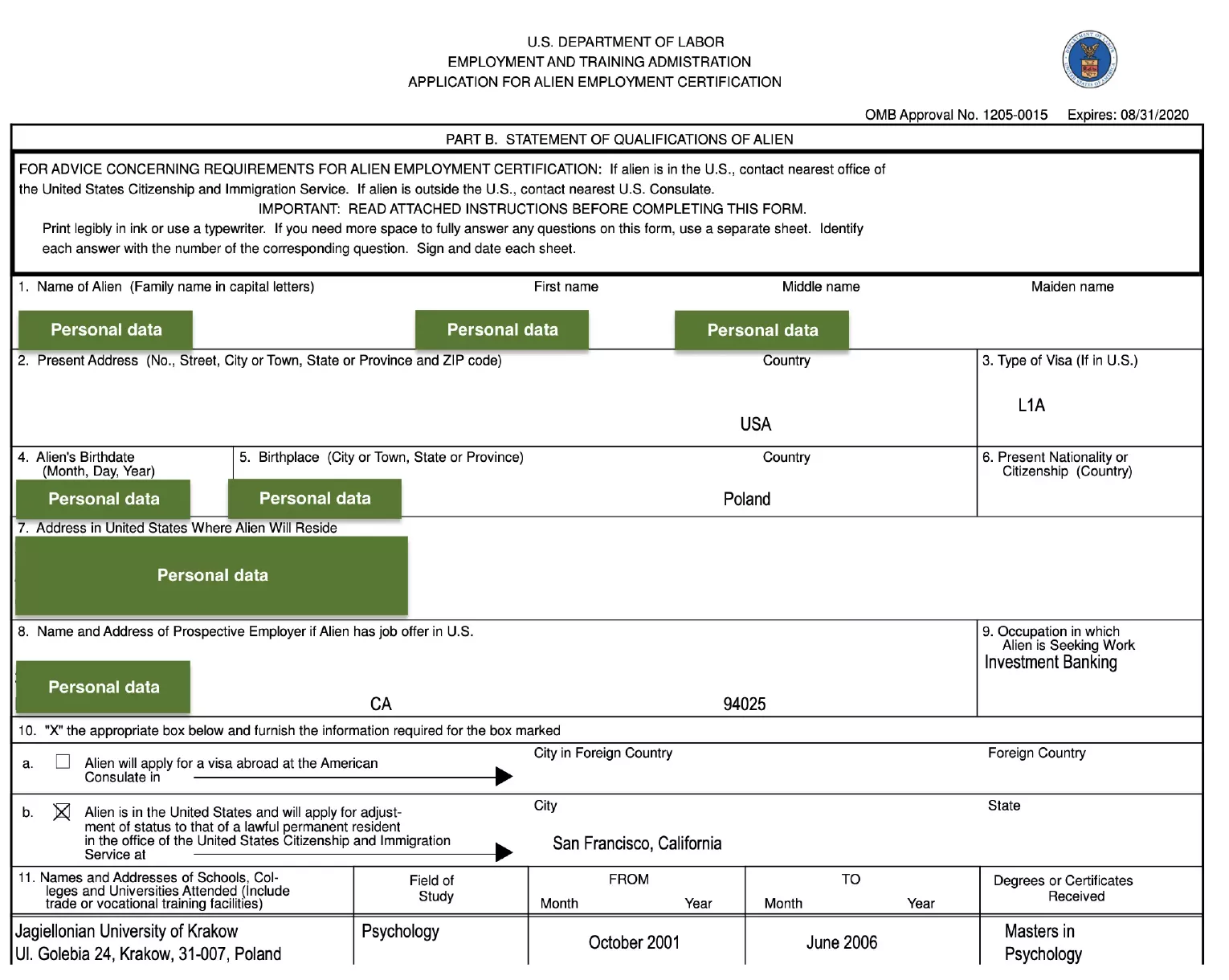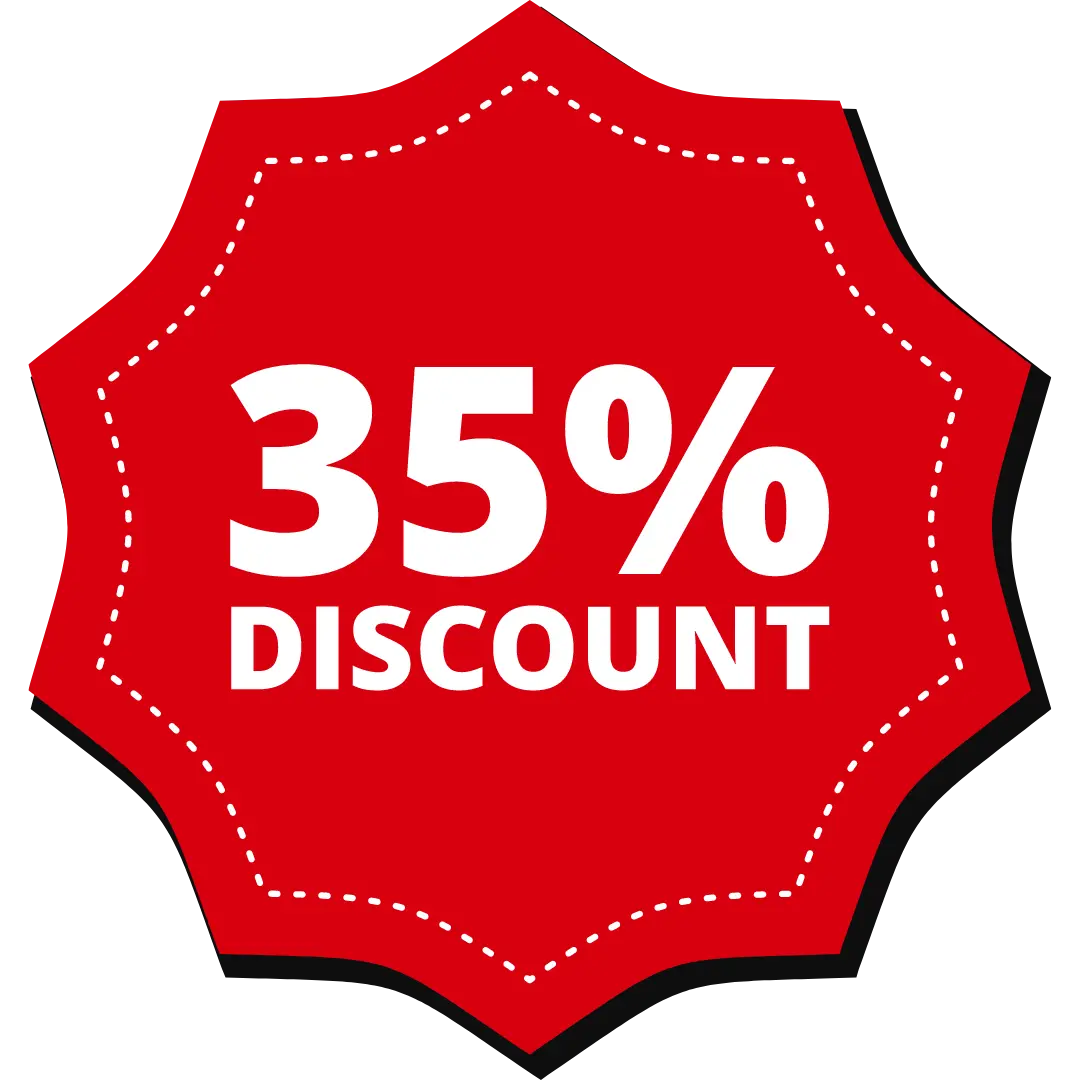Who are and how to find independent recommenders?
In this article, we will discuss who they are, why you need them for your EB-2 NIW petition, and address some of the frequently asked questions.
There are two types of recommenders, objective and subjective:
- Objective recommenders also known as independent recommenders, independent advisory opinions, or independent expert opinions. These are experts who do not know you personally but can vouch for your work. They may have met you or talked with you, but they have not worked closely with you or been in the same organization. Although it may seem counterintuitive, independent recommenders are the most important type of recommender for the EB-2 NIW petition.
- In contrast, subjective recommenders are those whom you have worked closely with, such as bosses or colleagues, and can attest to your qualifications and achievements. While it is useful to have some subjective recommendation letters in your petition, they are not the most important type.
Who are independent recommenders?
They are a well-known and reputable organization or persons with numerous contributions to their field. These independent recommendations will add value to your profile.
How to find independent recommenders?
To find independent recommenders, you can either approach someone who is completely unrelated. In this case, find information from their organization’s website, LinkedIn profile, or published papers to contact them. However, this has a low success rate, as they may not have any references about you.
In the second scenario, you might know the person, but not in a professional capacity of working on a daily basis. It might be someone you have previously met (event, conference, association, client), or you might leverage the network of someone you know (your manager, advisor, previous professor, association, mentor). Ask them if they can name-drop yourself to their colleagues to obtain a letter. This increases your chances of success since they have a previous connection with you.
Who writes recommendation letters?
The simple answer is YOU. As you know your profile the best, you’ll be able to highlight the aspects you want to emphasize in your petition. Therefore, you should write these letters intentionally, and use short excerpts from them in your petition letter.
Providing your recommenders with a draft will also save them a lot of time. Writing a recommendation letter can be very time-consuming, especially if you’re asking a senior executive or a highly reputable person to write the whole thing. Therefore, by writing the letter yourself, you’ll be able to control the content.
What to include in a recommendation letter?
The letters should be signed in ink or electronically using DocuSign or similar. Don’t forget about a date! It is always beneficial to attach recommender’s CV/resume or a short bio. If the letter is in a language other than English, provide a translation.
It is nice to have the letter written on the recommender’s official letterhead, but if you can’t accomplish that, come up with an alternative way to make it look reliable: add LinkedIn profile, contact number or email, link to a website where the person is mentioned.
The original letter does not need to be mailed, and an electronic version is sufficient. Letters from non-United States countries are accepted and that letters should be around two to three pages long. There is no official guideline for how many letters to have. Authors of this blog succeeded with only three recommendation letters!
